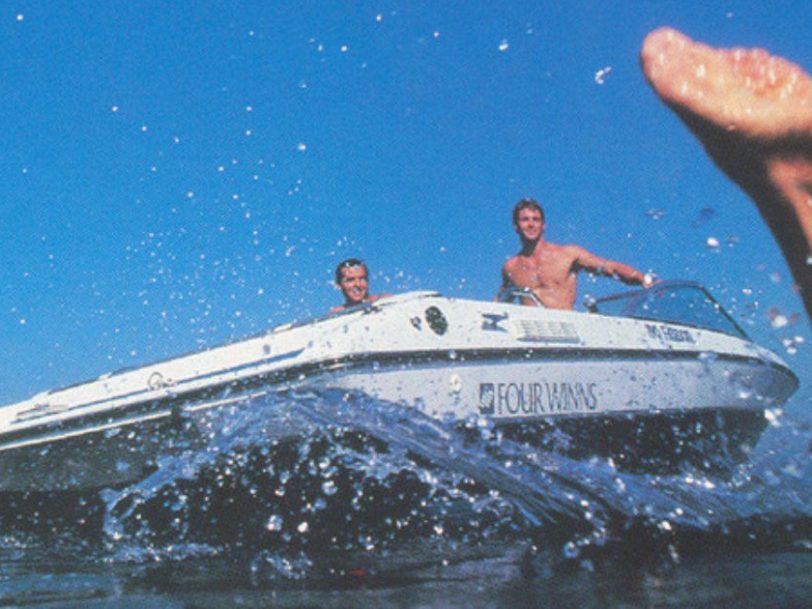Arguably the truest representation of Britpop in all its confusion, excess and bravado, Blur’s fourth album, The Great Escape, marked both a moment of triumph and a catalyst for change for a group that, arguably, never wanted to be where they found themselves in 1995. The third release in their “Life Trilogy”, following 1993’s Modern Life Is Rubbish and the following year’s career-making breakthrough, Parklife, The Great Escape was also originally meant to have the word “life” in its title, but, with time running out for them to choose a name, Blur stumped for one that said more about their own collective state of mind than it did anything else.
Listen to ‘The Great Escape’ here.
“Damon was trapped inside the most famous face in the country”
As a title, The Great Escape seemed fitting, coming from a band to whom fame had done unpleasant things. While Blur were recording the album, Parklife was still riding high in the UK Top 40, where it would spend an astounding 82 weeks in total, becoming a towering quadruple-platinum reminder of the expectations that were growing around them. In the wake of such success, they seemed to belong to the tabloids at a time when they were trying to cling on to themselves; the media glare, plus internal unrest over the kind of music they should make, brought pressure from both without and within as the group sought refuge in the studio through the first half of 1995.
“Damon [Albarn, frontman] was trapped inside the most famous face in the country and he couldn’t buy a bottle of beetroot juice without causing a sensation,” bassist Alex James reflected in his autobiography, Bit Of A Blur. “Graham [Coxon, guitarist] felt he’d gained the world and lost his soul, that the juggernaut of attainment had compromised his principles.”
Meanwhile, David Balfe, founder of Blur’s label, Food Records, had sold his company to EMI off the back of Parklife’s success, allowing him to retire far away from the hot box of London. Balfe’s new lifestyle inspired a song that would play a major part in The Great Escape – for both good and ill – while only further whipping up the media storm surrounding the group. Titled Country House, it was “a baroque oompah song about Balfe selling Food Ltd and running away to live in a big house in the country”, Alex James later noted. “But that was just a joke.”




